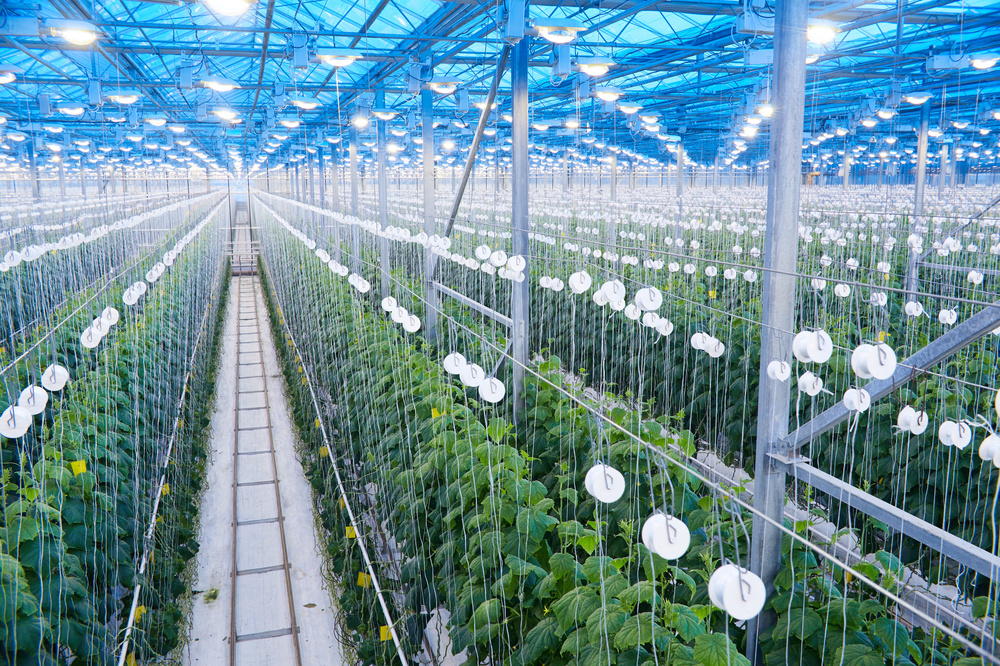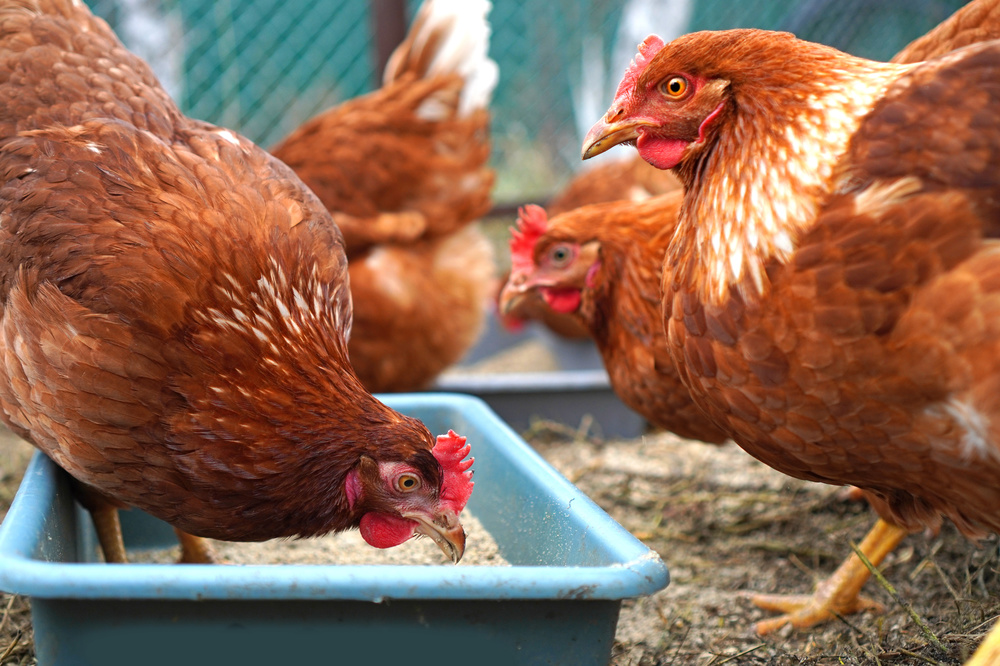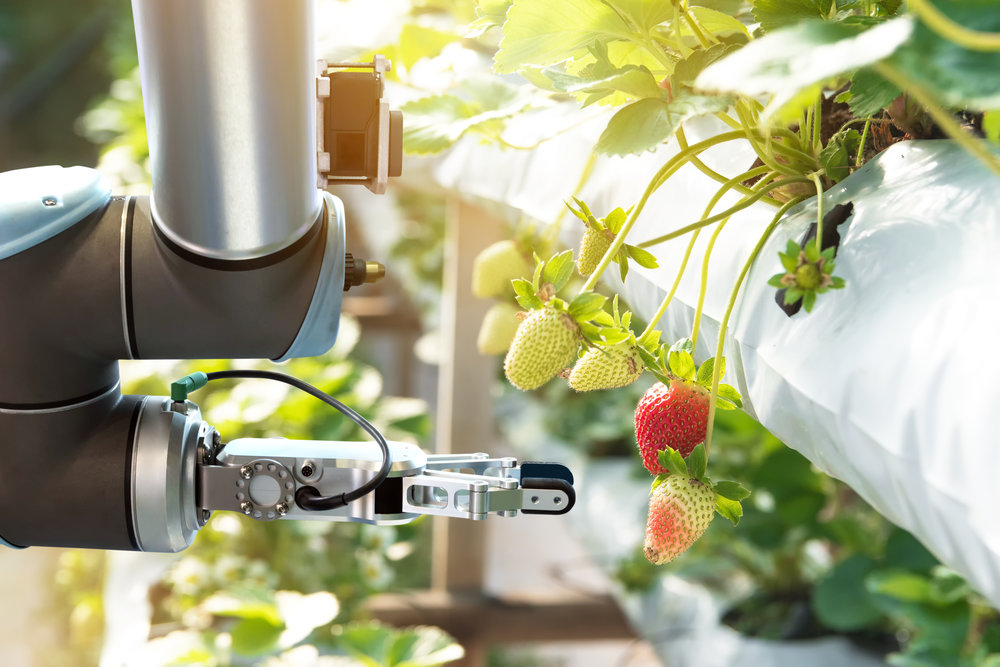By Min Ai Kok
It is well known that Singapore is a city-state with a dense urban population; less than 1% of its land is dedicated to agriculture. But in recent years, the country has sought to revive its agricultural ambitions, aiming to become Asia’s urban agri-food tech hub. Despite capturing over 20% of global agri-commodity trade flows, Singapore faces the looming vulnerability of its food security and lack of self sufficiency in its food supply. Less than 10% of Singapore's current food supply is produced locally, which nudged an ambitious aim from the government of Singapore to increase this to 30% by 2030; announced early last year. The country is now driving intensive research and development (R&D) into AgriTech and high-productivity innovation. From a sunset industry, food production in Singapore is thus a rising sector with its sights set firmly on technology.
As innovation in food production gains attention in Singapore, the new UNDP Global Centre for Technology, Innovation and Sustainable Development aims to find ways for technology to boost sustainable agriculture through connecting the growing AgriTech ecosystem here with UNDP's networks in developing countries.
Growing Investments in AgriTech
Understanding the flow of funds into AgriTech is of crucial importance to discovering the sector’s main actors. While the private sector has the financial capacity for such investments, the government has an equally vital role in providing the infrastructure, regulations and education needed to stimulate investments into this field.
Collaboration to accelerate the progress of AgriTech startups has seen a significant boom since Singapore’s 30 by 30 announcement. Enterprise Singapore (ESG), under the Ministry of Trade and Industry, supports Singapore’s food security strategy by encouraging global investment in the country’s food sector. One of ESG’s key investment arms is SEEDS Capital. Under Startup SG Equity, it works with seven other partners to co-invest more than $65m to catalyse Singapore-based agrifood technology startups. These venture capital firms provide startups with both capital and mentorship, and have organised accelerator programmes and hackathons to kickstart innovation.
The government has also invested $105m, through the Research Innovation Enterprise 2020 Plan, to ramp up R&D in the agri-food industry. And Temasek Holdings, an investment company owned by Singapore’s government, invested $90m in a New York-based modern farming company, Bowery Farming, which uses robotics to cultivate crops indoors. Similarly, multinational corporations are taking advantage of Singapore’s strong position as a regional hub for AgriTech R&D. Singapore is already the second largest food commodities trading hub in the world. And now Singapore is home to several digital hubs of leading food and agriculture companies, which aim to drive technology and agrifood innovation, often with a focus on sustainability. The excellent education system, quality human capital, and good infrastructure are among other pull factors that attract innovators and R&D into Singapore.
Emerging AgriTech Innovations
A burgeoning market of entrepreneurs is entering the AgriTech field, creating urban farms with highly efficient technologies. While Singapore’s traditional farmers are also incorporating technology into their farming systems, new players have introduced technologically-advanced infrastructure and smart systems, such as Internet of Things (IoT) sensors and analytics, to optimise food production.
Featuring: AgriTech in Singapore's farms
IoT data analytics allow farms to control environmental conditions such as light and irrigation to track temperature, humidity, and the growth of crops.
Automated systems such as auto-feeders, automated pump systems and shed-cleaning bots reduce the need for manual labour.
Hydroponics systems eliminate the need for pesticides and fertilisers, while optimising the nutritional value of harvested plants.
Increasingly, sustainable food production has come into focus for entrepreneurs. Witness the rise of circular economy solutions. Urban farmers in Singapore have invented methods for food waste to be processed and recycled as fertiliser. Reduced energy and water use is also in their sights; several companies have incorporated precision-irrigation technology or recirculatory water systems. Still, progress has been slower in integrating renewable energy sources into their infrastructure.
Interest in agri-food technology in Singapore is likely to grow thanks to increased support from the government and research institutes. Singapore’s government has launched two centres of innovation, in collaboration with local institutions Nanyang Technological University and Temasek Polytechnic, to focus on finding solutions for agricultural challenges. Such collaborations are already bearing fruit. For example, researchers from Singapore-based Temasek Life Sciences Laboratory have found a way to use technology to identify and select fish with desirable traits, successfully breeding freshwater tilapia in sea water without genetic modification. They have also created climate-proof vegetables that require less light, and yet have enhanced nutritional value. One pioneer research product that has made it to the Singapore market is Temasek Rice. Unconventionally grown in Singapore, this rice has been formulated to withstand floods and droughts, as well as fungal and bacterial attacks, effectively producing climate-resistant rice.
Leveraging Singapore’s ecosystem
Globally, agrifood tech investments have increased by 49% year-over-year to $16.9b in 2018, signalling the growing interest in the sector across the world. Similarly in Singapore, given the eager interest of investors and innovators in AgriTech, there is optimism that technology may be the key to unlocking the sector’s potential, transforming the agrifood industry and providing solutions for sustainable agriculture. Gaps remain, however, notably in the scalability and feasibility of these solutions. Siloed technologies that do not complement one another to address the entire value chain, from production to consumption, will not work. Technological change will require an end-to-end approach that is open and receptive, and business models must adapt to different contexts. There is also a disparity between the availability and accessibility of most technologies that exist today. For example, precision agriculture offers a solution to decrease the use of inputs and increase agricultural productivity, which can help farmers capture greater yield per input and therefore income, but is not applied by majority of farmers, especially smallholders. Technologies need to be affordable and accessible to farmers in order to make real changes and impact.
The new Global Centre in Singapore signals UNDP's embarkment on its #NextGenUNDP mission to build on its existing assets to create new solutions, build collaboration platforms, and spark new partnerships and instruments for development. The agriculture sector is one that will require a revolution from business-as-usual to achieve the Sustainable Development Goals. The Global Centre aims to leverage and contribute to Singapore's growing agri-food tech ecosystem, connecting the region's efforts with UNDP's extensive networks to change the way we approach development.
One of the Global Centre's pioneer projects in this space is a global innovation initiative that brings together the innovation ecosystem of startups and R&D teams, the private sector, governments and development agencies. Working in 13 countries across Asia, Africa and Latin America, Cultiv@te is a unique initiative that aims to bring innovation and technology to accelerate the achievement of the Sustainable Development Goals in the agriculture sector. With UNDP's wide network and the Centre's location in Singapore, Cultiv@te is an exciting platform to connect with industry-leaders and development experts while making a real impact. Please visit www.cultivate.technology to find out more about this initiative.
Min Ai Kok is coordinating the Global Centre's sustainable agriculture efforts and projects.

 Locations
Locations







